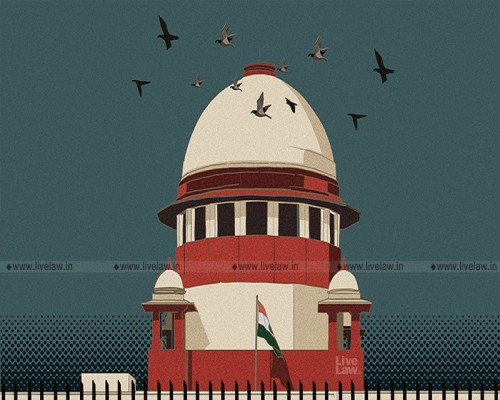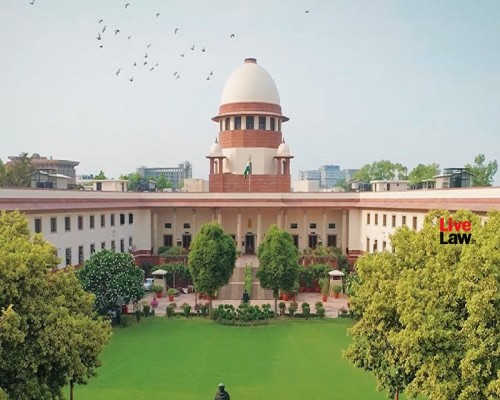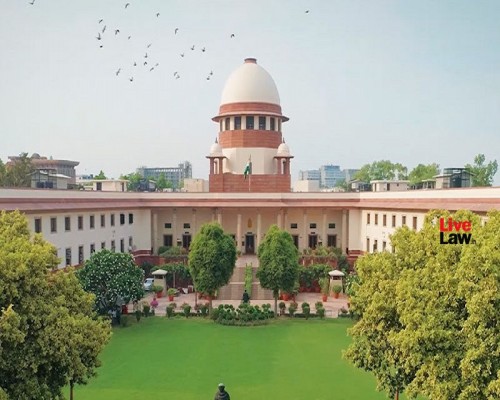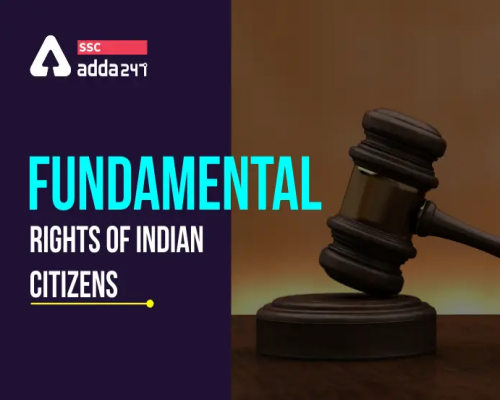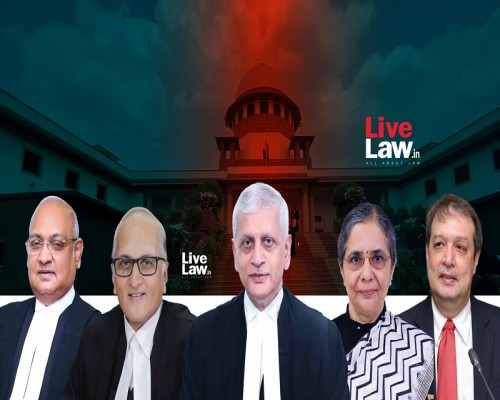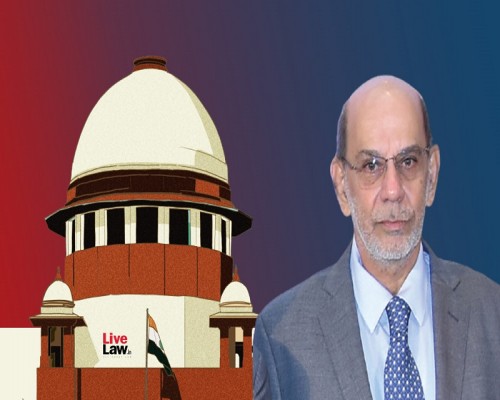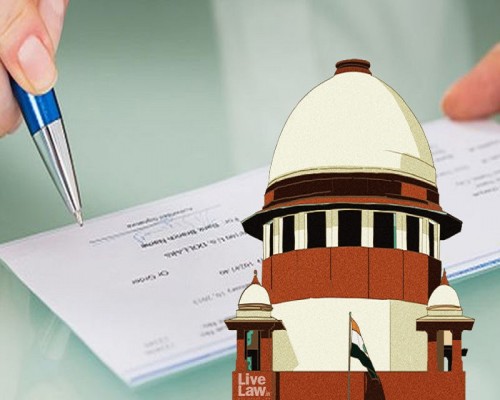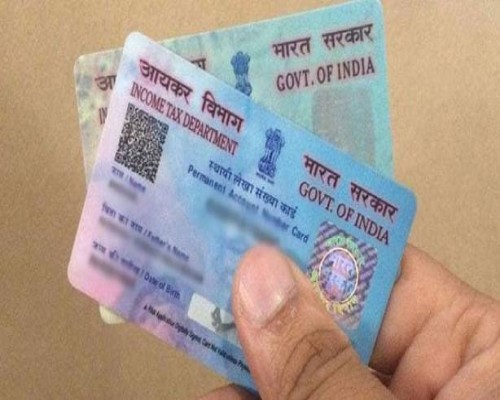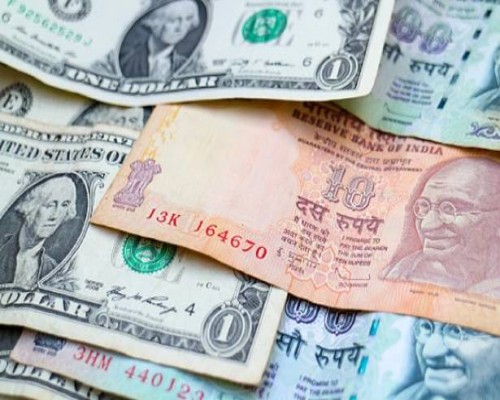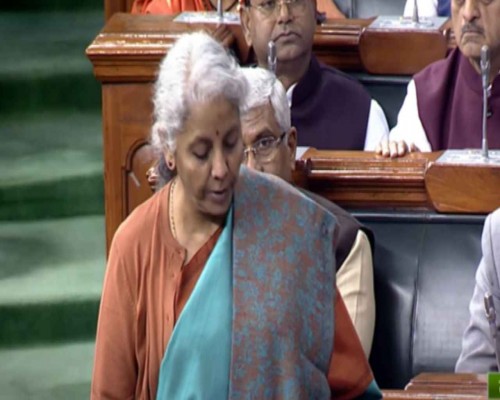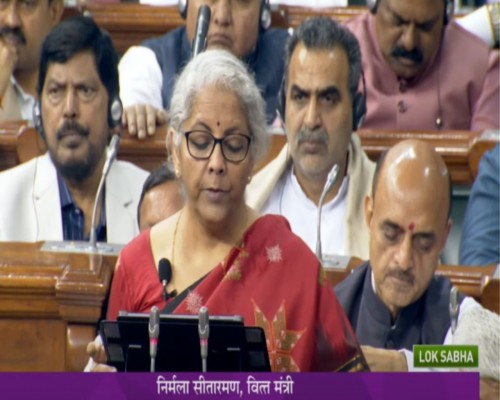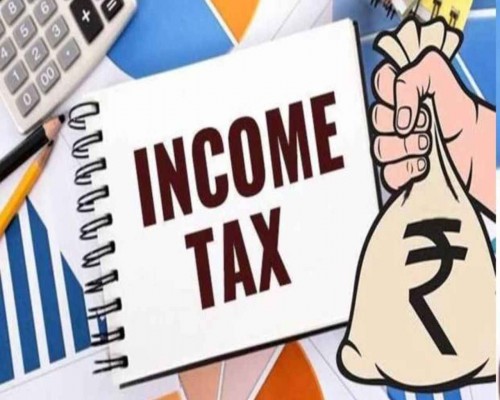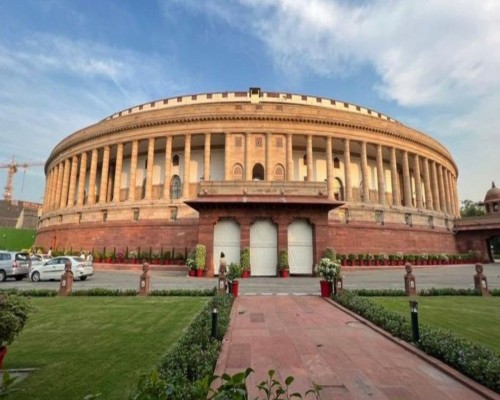Resolve All Pending GST Cases by March
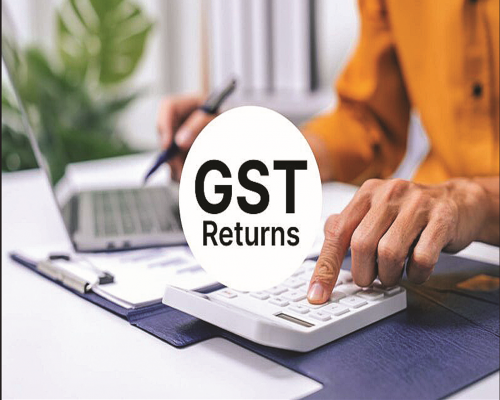
Government's Decision: Businesses Can Avoid Both Penalty and Interest by Simply Paying the Due Tax
The central government has announced a relief scheme for businesses with pending GST-related disputes. Under this initiative, businesses can settle all past GST liabilities by March 31, 2025, and get exemptions from penalties and interest by simply paying the outstanding tax amount.
This scheme aims to reduce litigation and provide relief to businesses facing prolonged GST-related disputes. It is expected to ease financial burdens on traders and help in resolving pending tax cases more efficiently.
Key Highlights of the Relief Scheme:
✅ No penalty or interest if businesses clear pending GST dues by March 31, 2025.
✅ Applicable to all pending tax cases, including disputed claims.
✅ Businesses that have challenged outstanding tax demands in court will be eligible only if they withdraw the case before claiming benefits.
✅ GST appellate tribunal to start functioning soon, helping in faster dispute resolution.
Government Provides Additional Relief on Input Tax Credit (ITC)
• Last year, businesses were allowed to claim pending Input Tax Credit (ITC) for the financial years 2017-18 to 2020-21 through revised GST returns.
• Many businesses had faced ITC-related issues due to delays in filing returns, and this new scheme aims to give them another opportunity to rectify past errors.
Strict Measures for Businesses Not Availing the Scheme
• Businesses failing to clear their pending GST dues within the deadline may face legal actions.
• The government is continuously tightening GST compliance measures, and businesses not opting for voluntary settlement may have to pay additional penalties and legal fines.
Impact on GST System & Compliance
The GST Council has also announced new steps to streamline tax administration, including:
• Formation of a GST appellate tribunal to handle disputes more efficiently.
• Reduction in the timeline for GST return amendments from four years to two years to ensure timely corrections.
This decision is expected to improve compliance, reduce tax evasion, and strengthen the overall GST framework in India.




